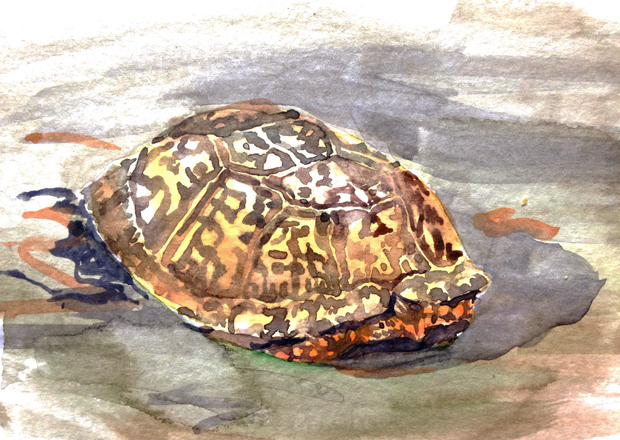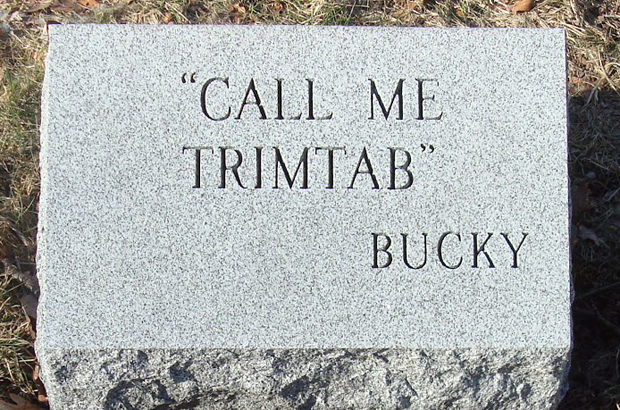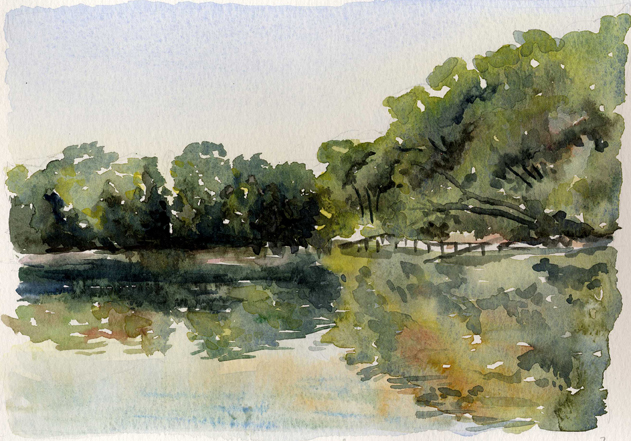
I’m convinced that our natural and built environments can inspire hope and a way forward in the current climate crisis. If you’re interested in resilience (climate and otherwise), architecture, community, and the mysteries of our relationship with the natural world, I invite you to join me over on Substack. Come and see the world through my eyes—with a sense of wonder, awe, and appreciation.
My Substack newsletter is called Building Hope. Given all the bad news about the environment, the climate melt-down and social justice, you may wonder if there’s any reason to be hopeful about the future. There is! How do I know? Because Krista Tippett says so:
“[H]ope for me is distinct from idealism or optimism. It has nothing to do with wishful thinking. It is a muscle, a practice, a choice: to live open-eyed and wholehearted in the world as it is and not as we wish it to be.”
Krista Tippett essay on Orion online
Try a couple of recent posts:
Talking Back to Walden – a special monthly series where we consider only the best passages of Thoreau’s 1854 classic, for what they might tell us about our present-day environmental woes and hopes. March’s installment is about wind, that most mysterious and powerful character.
In addition to short essays, you’ll also find fiction, like this piece, “Katabasis.”
Hope to see you over there. Substack is a lively place, packed with great writers and readers. If you are so moved, follow this link to answer the question, How are you building hope?









